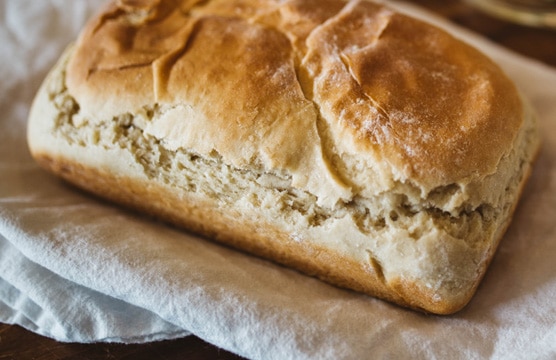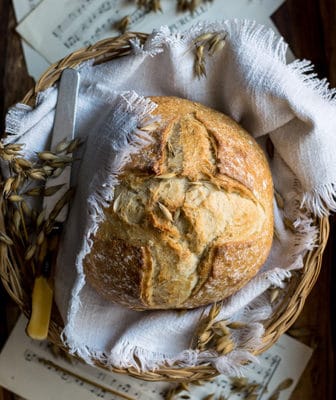In the course of our consideration of the New Testament evidence regarding paedocommunion, we have noted on several occasions that there are no passages that directly address the issue. For this reason, advocates of paedocommunion commonly appeal to the covenant status of children of believing parents to argue for their admission to the Lord’s Supper […]
In my previous article, I summarized the common argument that advocates of paedocommunion derive from the teaching of the Old Testament. This argument appeals primarily to two kinds of evidence, the second of which is the most important. First, an appeal is made to the inclusion of the children of believers within the covenant community […]
So far in our study of the question of paedocommunion, we have primarily focused upon the historical evidence for and against the practice of admitting children to the Lord’s Supper. We have argued that the evidence from church history is ambiguous, and cannot be cited as a sufficient basis either for embracing or rejecting the […]
Though churches of the Reformation are committed to the principle of sola Scriptura, which requires that the Scriptures be regarded as the supreme standard for their faith and practice, they are not indifferent to the lessons of church history. Nor are they indifferent to the tradition of Scriptural interpretation that is embodied in the confessions […]
The sacraments are, in the nature of the case, visible signs and seals that the Lord alone can appoint for the use and benefit of the church. Because they require divine authorization, the church may not appoint as sacraments any church rite or practice, however useful, that she pleases. Just as in the old covenant, […]
Though it might seem that our extended discussion of the Reformed confessions’ view of the sacraments has taken us far afield of the specific question of paedocommunion, the position of the confessions on this question can only be understood within the broader framework of its doctrine of the sacraments in general. The insistence of the […]
In our consideration of the Old Testament evidence for paedocommunion, we noted that the appeal to the precedent of covenant children’s participation in the Old Testament Passover is a key part of the paedocommunionist argument. Though paedocommunionists appeal to a variety of Old Testament examples of the participation of children in covenant observances, the most […]
During the course of our examination of the Old Testament evidence for the practice of admitting children to the Lord’s Table, we had occasion to observe that the ultimate norm for the practice of the new covenant community of faith must be the teaching of the New Testament. Though it is common among advocates of […]
The Institution of the Lord’s Supper: Some Observations The accounts of the institution of the Lord’s Supper in the Synoptic Gospels are of particular importance to our understanding of the sacrament. Though there are several slight differences in the respective Gospel accounts, these differences do not materially affect our understanding of the sacrament’ institution, constituent […]
In our introduction to the New Testament evidence that might have a bearing upon the question whether children of believing parents should be admitted to the Lord’s Table, we observed that this question is not directly addressed in any passage. Whatever conclusions we draw from the New Testament regarding paedocommunion, they will have to be […]










